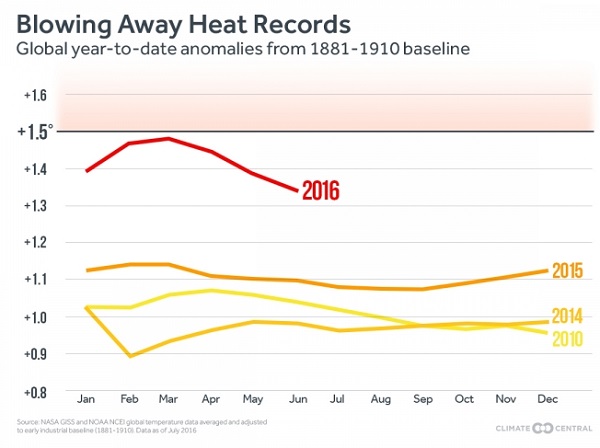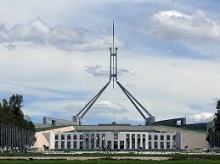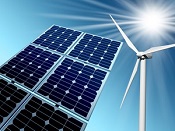1. We need to talk about Kevin
Ambigulous already has.
Malcolm Turnbull, in a captain’s pick after cabinet couldn’t agree has seen fit not to nominate Kevin Rudd for the top job at the UN, as the Hawke Government supported Malcolm Fraser for the post of Secretary General of the Commonwealth, or the Howard Government supported Gareth Evans to be head of UNESCO.
The first thing you need to know is that Rudd says he was repeatedly assured by Turnbull that Turnbull would support him. Continue reading Saturday salon 30/7



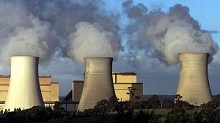 Coal provides 40% of the world’s electricity, with 75% of this capacity deemed “subcritical”, in other words dirty. That’s a little over 1,200 GW of capacity. The IEA believes that we must shut down 290 GW of subcritical generation worldwide by 2020 in order to stay within a 2°C temperature rise.
Coal provides 40% of the world’s electricity, with 75% of this capacity deemed “subcritical”, in other words dirty. That’s a little over 1,200 GW of capacity. The IEA believes that we must shut down 290 GW of subcritical generation worldwide by 2020 in order to stay within a 2°C temperature rise.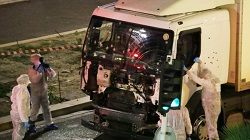 While the biggest terrorist attack in recent days was
While the biggest terrorist attack in recent days was 